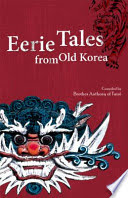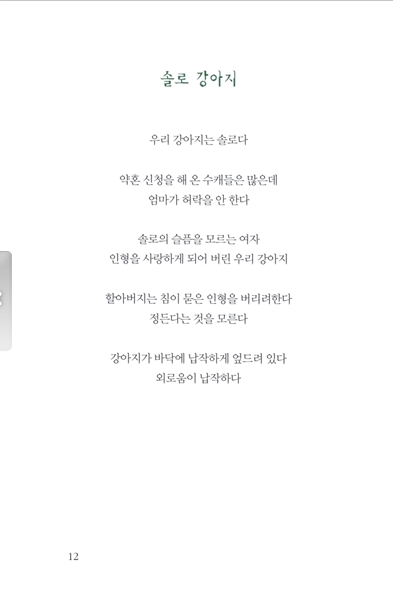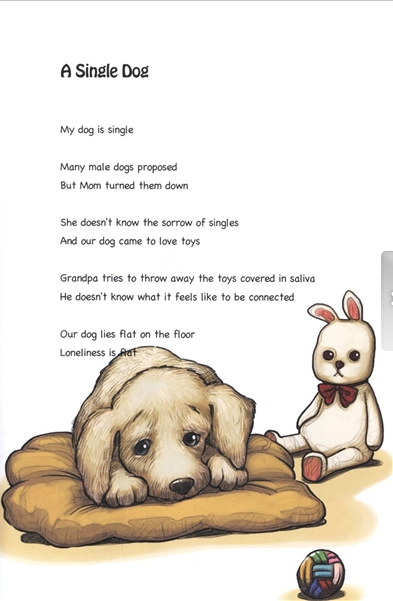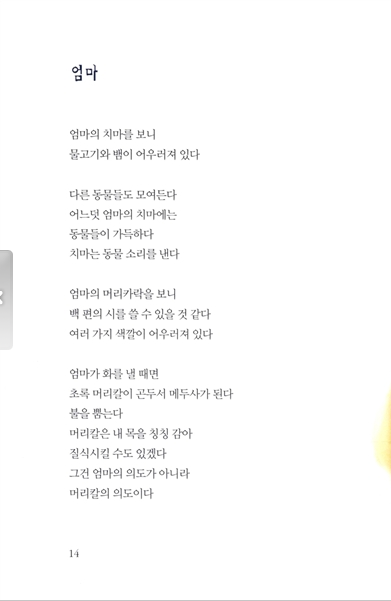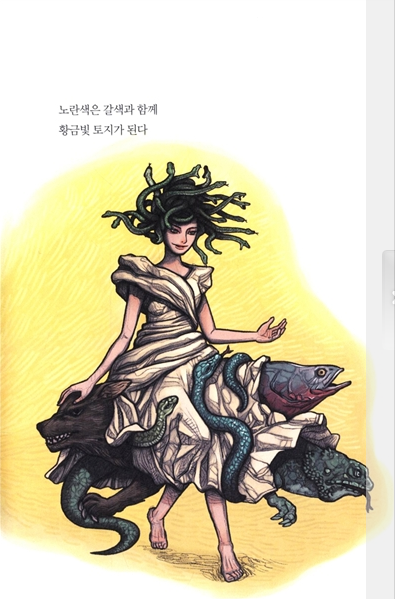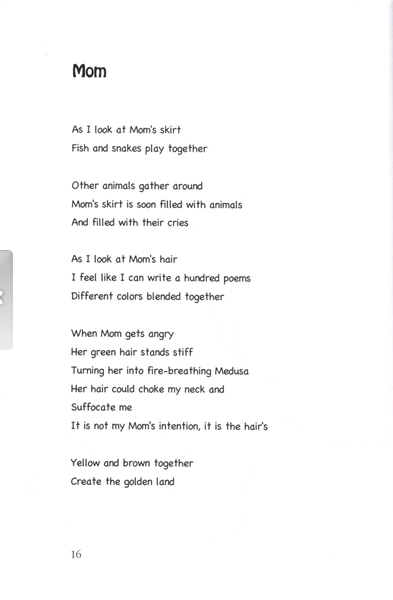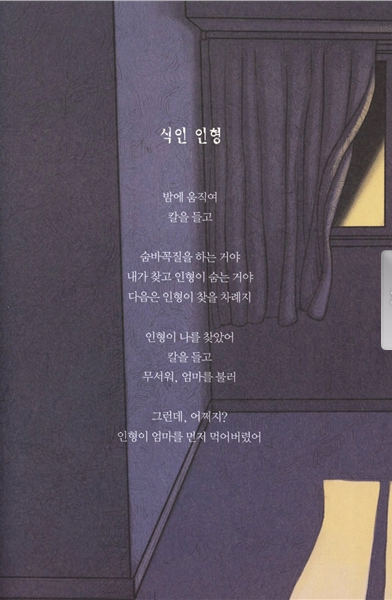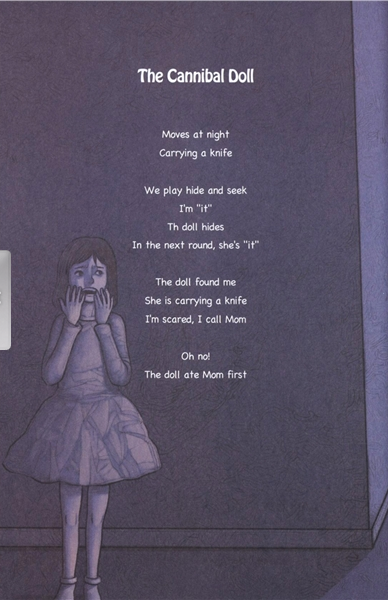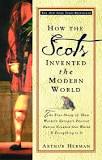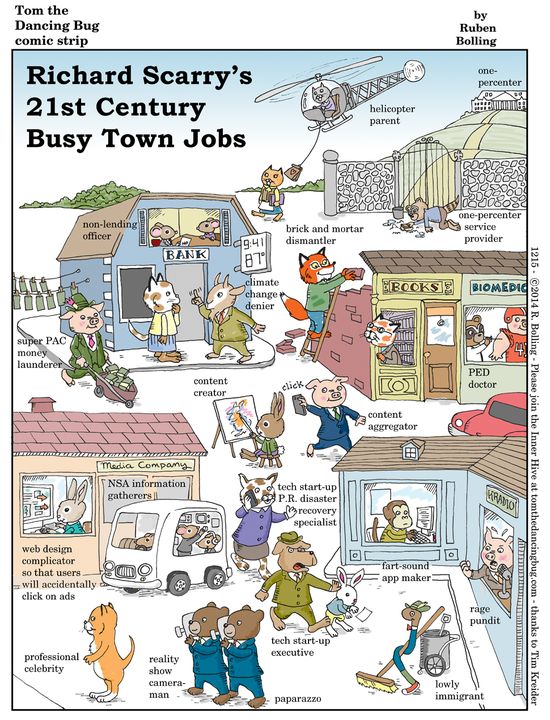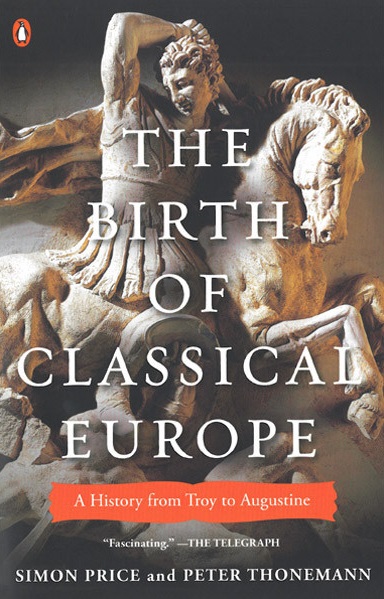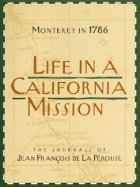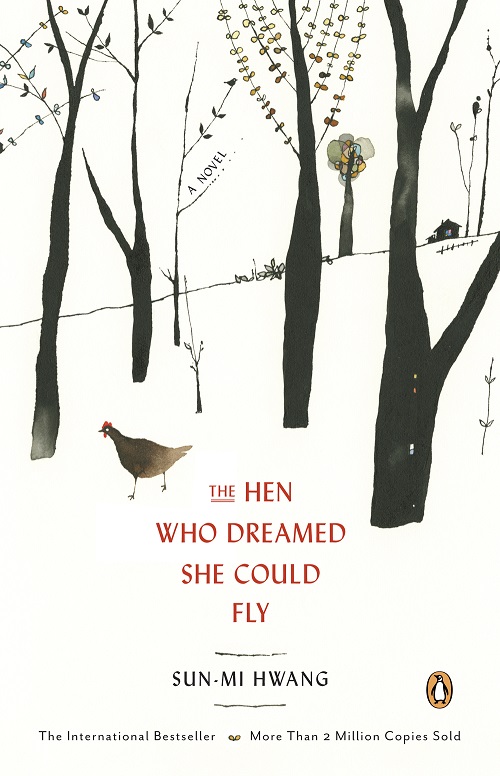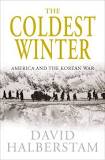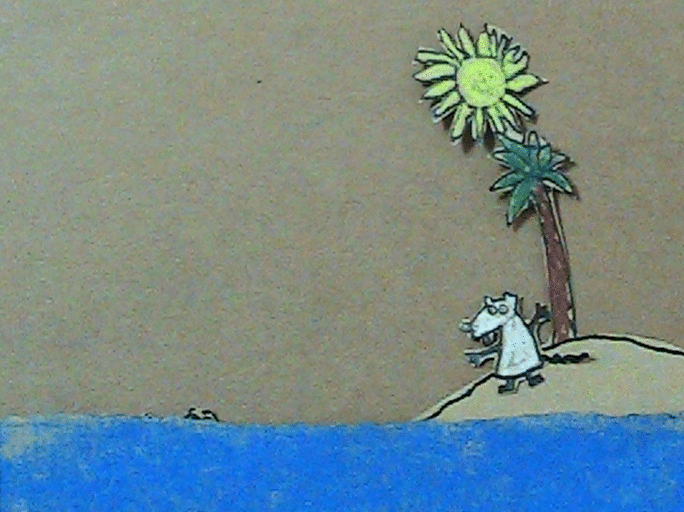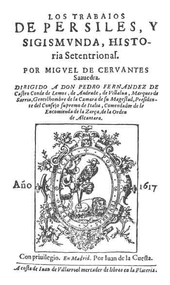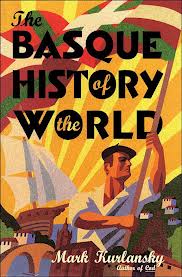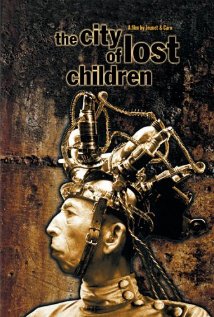Something was striking about this story. When they had the "dog salmon," (what's also called chum salmon), they had immortality. When the salmon were gone, then death returned.
[1]
A woman and her sweetheart loved each other very much. But the woman's brothers disliked (the man). Finally they killed the man.
[2]
You see, (the couple) had hid for a long time in a cave. So when they buried him (there), then the woman went there. And she lay on top of the corpse. Finally she got sick, the corpse was swelling. And she said, "I'm sick, let me go out!"
[3]
Then when she slept, she dreamed about him. And he said, "Is it true that you grieve for me?" And he said, "If it is true, let me tell you what to do. You must go there where we used to stay, in the cave. You will see a grave there. And you will see two eyes float around. You mustn't be afraid of me. You mustn't run.
[4]
So she went there. And she saw that. And suddenly (a voice) spoke. And it said, "You must weave a burden basket. And you must make many dresses. When you finish, you will see a buzzard sit there on top of a rock. You must follow it. You see, that is the bird of the dead."
[5]
And so then she wove. And she said to a woman, "Let's go together!" She was her friend. So she too wove and made the dresses.
[6]
Then they finished. So they left. And they saw the buzzard. So they followed it. And they traveled, it was many days that they traveled. They were following the buzzard that way. And sometimes it was a brushy place where they traveled, their dresses got torn.
[7]
Finally they arrived, the country was beautiful and green. And someone rowed to meet them and landed them on the other shore. And they saw two old women there. And (the old woman) said, "Look, the one you are wandering around for is making a deerskin dance uphill. Why is it that you have come here? People with bones (i.e., live people) don't come here. Come on, let's hide you! Let them not see you!
[8]
So they hid them. So they stayed there for a little while. Then they were told, "Go back home!" And they were given dried salmon. There it was dog salmon. You see, they call dog salmon "dead-man's salmon." And they were told, "When a person dies, you must rub this on his lips. You see, he will come back to life."
[9]
So (the girls) went back home. They traveled back again that way. The buzzard brought them back. So when they returned to this world, they are the ones who did as it is done in the land of the dead.
[10]
Finally no person died, finally the people filled up the earth. Then when the salmon was all gone, they died.
– Mammie Oldfield, in William Bright's The Karok Language (1957), pp. 266-269, Text 58
Found at Kuruk online texts. I didn't presume to include the original, although I was tempted.
[daily log: walking, 5.5 km]

